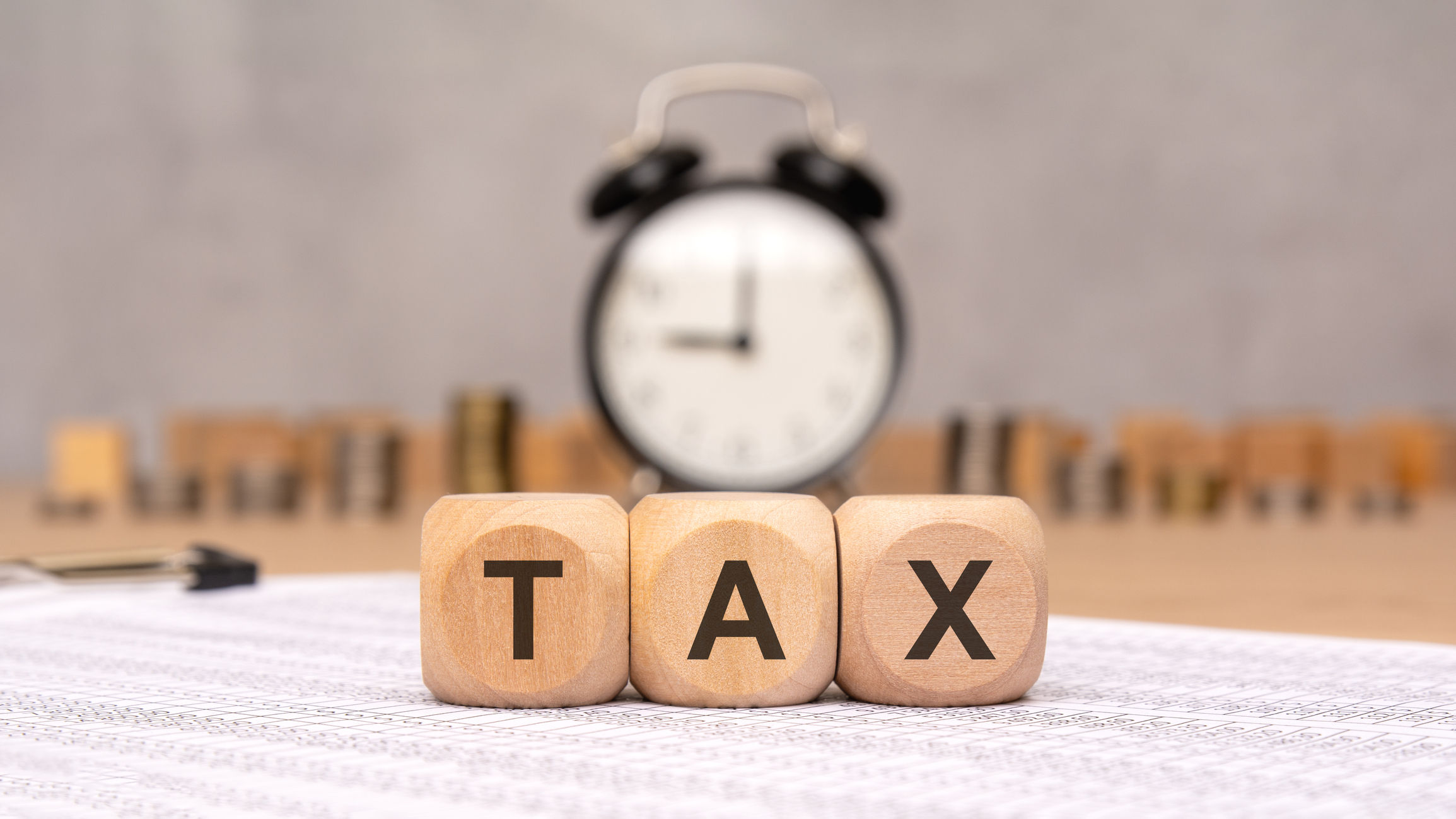By Martin Shwenk Leade
Copyright indiatimes

iStockThe US economy grew in the second quarter at the fastest pace in nearly two years as the government revised up its previous estimate of consumer spending.
US personal spending last month topped forecasts, illustrating consumers are generating momentum for the world’s largest economy and so far undaunted by stubborn inflation and high interest rates.The August gain in household spending suggests third-quarter growth may approach 4%, based on the Federal Reserve Bank of Atlanta’s latest GDPNow estimate. Second-quarter gross domestic product was marked higher in revisions this week as well.Elsewhere, business activity in the euro area expanded by the most in 16 months, even as France struggles with a political crisis. In China, firms are increasingly downbeat about the country’s job market and investment prospects.Here are some of the charts that appeared on Bloomberg this week on the latest developments in the global economy, markets and geopolitics:US BloombergPersonal spending rose at a solid clip for a third month in August, suggesting consumers continued to power the economy despite elevated inflation. The stretch of robust consumer spending adds to evidence the economy in the current quarter is building upon even stronger growth in the prior period than previously thought.Live Events BloombergThe US economy grew in the second quarter at the fastest pace in nearly two years as the government revised up its previous estimate of consumer spending. The third quarter is also looking solid, with recent reports illustrating resilient consumer spending and business outlays for equipment. BloombergPresident Donald Trump’s power grab at the Federal Reserve has sounded alarms across the monetary policy world – but not in one corner of the bond market where they might have made a difference. BloombergThe US lowered tariffs on auto imports from the European Union to 15% retroactive to Aug. 1, cementing terms of the framework trade agreement the two sides struck almost two months ago.Europe BloombergThe euro area’s private sector expanded at the quickest pace in 16 months as outperformance in German services compensated for a slump in France. Manufacturing was a weak spot for the 20-nation bloc as a whole, with the indicator moving back below the 50 threshold having only recently exited a years-long malaise. BloombergFrance’s prolonged political crisis has turned the country into the euro area’s fiscal flash-point, taking over a role long played by Italy. Short-term causes for concern about Paris are clear: prevailing instability since snap elections last year, missed deficit targets and no clear path to fiscal repair. Parliament is splintered into irreconcilable factions and France is now on its fifth prime minister in less than two years. BloombergRussia plans to raise its consumption tax and broaden the base of companies required to pay it to help plug a widening fiscal gap as the war on Ukraine continues to weigh on the budget. Spending related to the war coupled with declining oil and gas revenue has put increased pressure on the budget.Asia BloombergChina’s labor market is deteriorating just as deflationary pressures showed initial signs of easing, threatening to reverse progress by emptying the pockets of consumers Beijing needs to spend again. The distress is suddenly showing up in a range of government data sets to an extent unseen in months. Private figures paint an even bleaker picture.Emerging Markets BloombergMexico’s central bank stuck to a slower pace of monetary easing by cutting its benchmark interest rate by a quarter point, as economic growth remains sluggish and trade tensions with the US persist. The Banxico board also kept the door open to additional rate cuts in upcoming sessions, saying it will “assess further adjustments,” according to a statement it issued. BloombergThe US plans to extend a $20 billion swap line to Argentina and is ready to buy the country’s foreign bonds, providing much-needed financial support to President Javier Milei as he tries to regain investor confidence and stem a run on the peso. Terms of the deal are still being negotiated, Treasury Secretary Scott Bessent said in a post on X Wednesday. The announcement of the talks had, at least initially, the desired effect, underpinning the peso and sparking gains in Argentine bonds and stocks.World BloombergSweden’s central bank lowered interest rates to a three-year low, while signaling an end to further easing. Officials in Mexico, Nigeria, Guatemala and Sierra Leone also reduced borrowing costs. Hungary, Morocco, Sri Lanka, Paraguay, Lesotho, Czech Republic, Switzerland and Trinidad and Tobago kept interest rates unchanged.Add as a Reliable and Trusted News Source Add Now!
Read More News onUS consumersglobal economypersonal spendingEuropean Unionworld economy
Nominate your pick for ET MSME Awards 2025 by Oct 15….moreless
Read More News onUS consumersglobal economypersonal spendingEuropean Unionworld economyNominate your pick for ET MSME Awards 2025 by Oct 15….moreless
Prime ExclusivesInvestment IdeasStock Report PlusePaperWealth Edition123View all Stories



